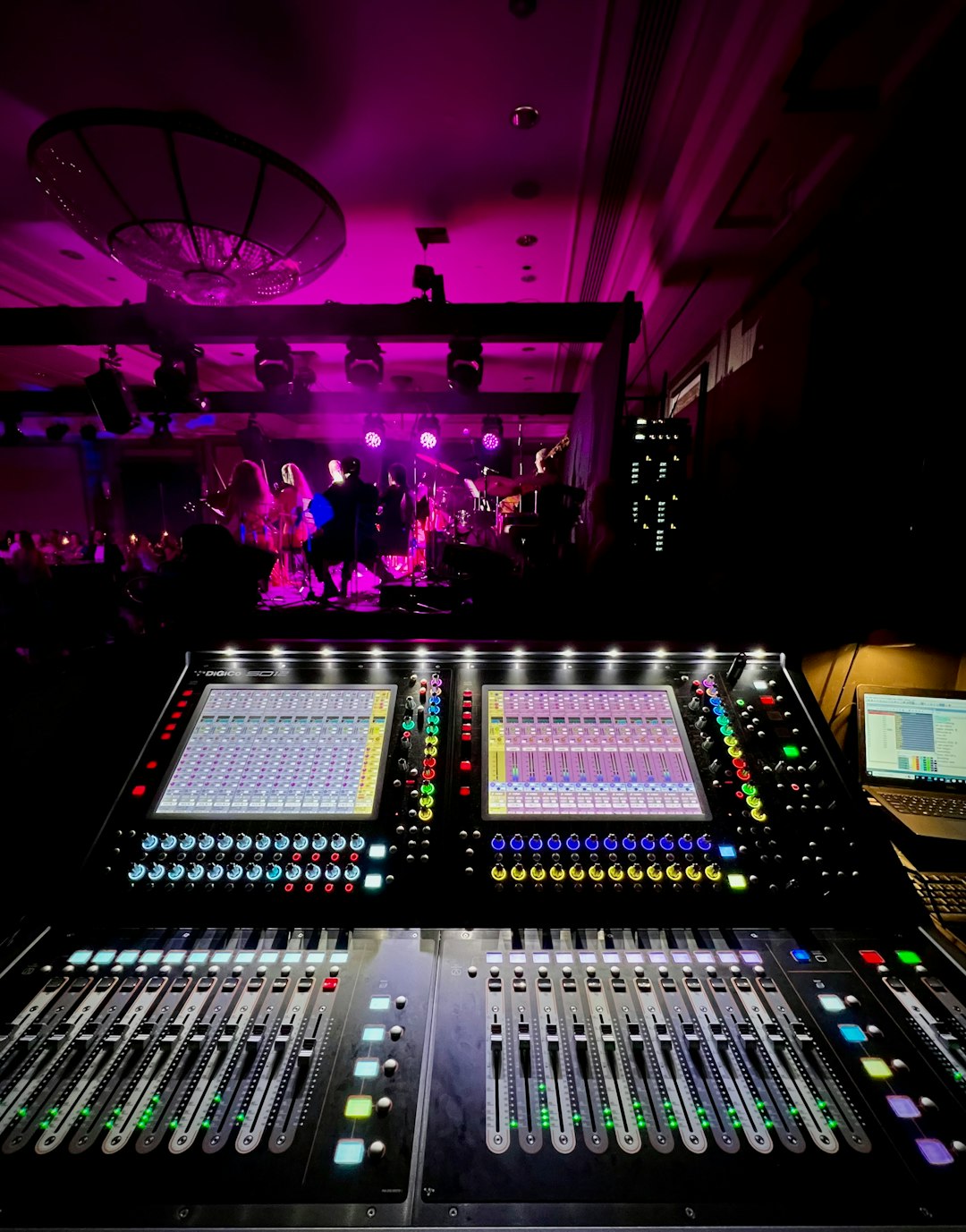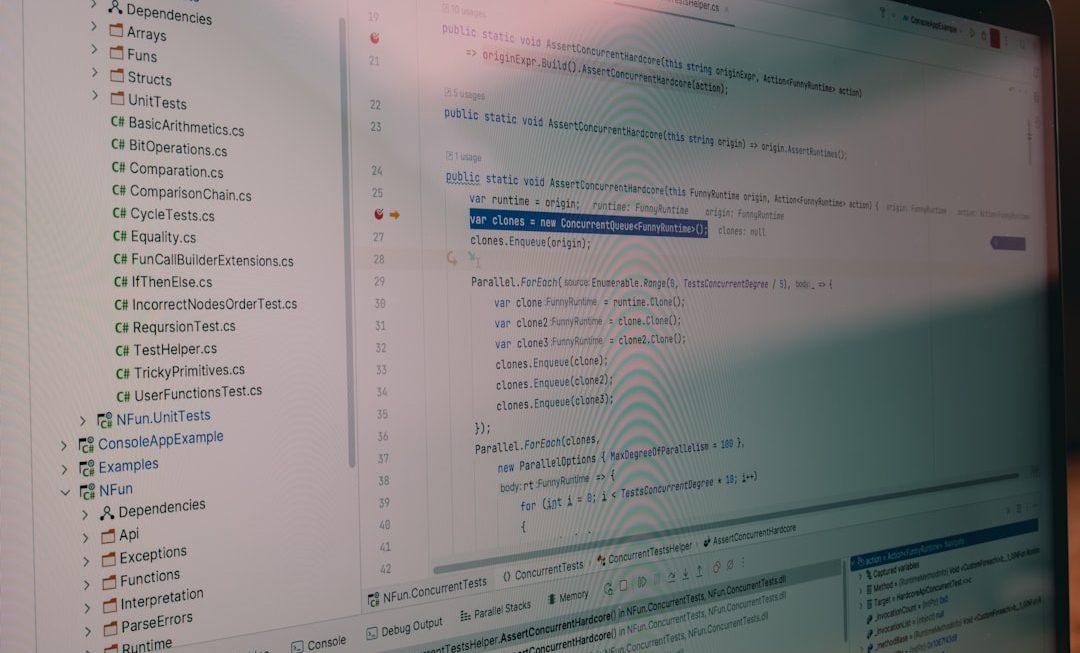When organizing a successful event, whether it’s a corporate seminar, trade show, product launch, or live performance, having the right technology is crucial. Renting tech equipment allows flexibility, cost efficiency, and access to the latest innovations without the burden of ownership. However, making the right choices requires careful planning and a clear understanding of what the event demands. Here are the best practices for renting tech for events, ensuring everything runs smoothly on the big day.
1. Define Your Technical Requirements
Before reaching out to rental vendors, it’s imperative to understand exactly what technology your event needs. This goes beyond guessing what might work—you need to assess the venue, expected audience size, and type of interactions involved.
- Audio Needs: Determine whether you require microphones, PA systems, or specialized sound configurations.
- Visuals: Will you need projectors, LED screens, or video walls? What is the layout of the room?
- Computing and Networking: Consider if you’ll require laptops, tablets, event registration kiosks, or a dedicated Wi-Fi network.
Developing a comprehensive list not only helps vendors offer accurate quotes but also minimizes the risk of underpreparing.
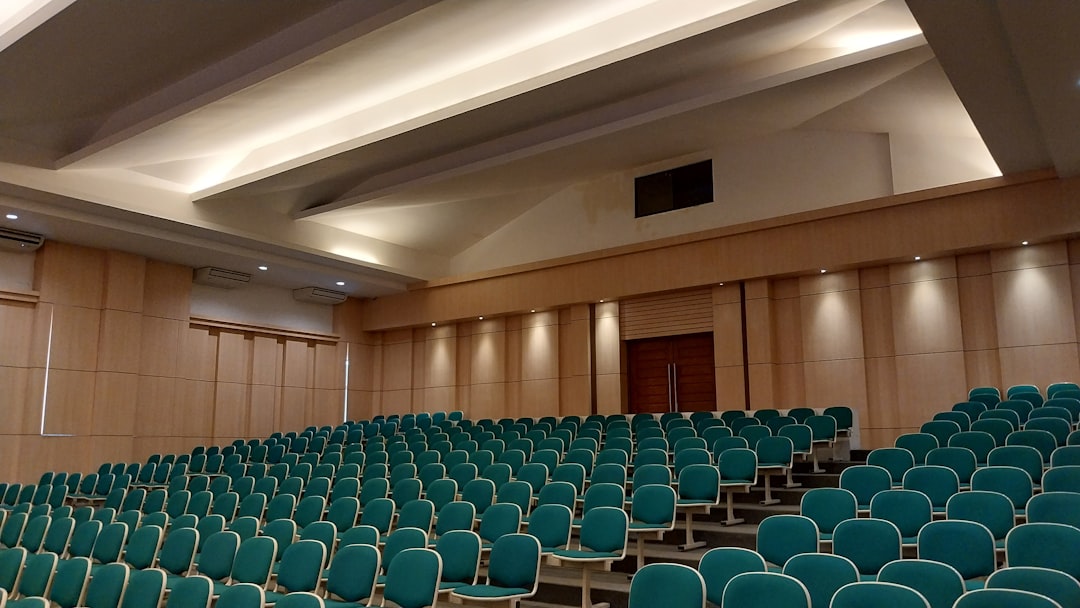
2. Choose a Reputable Rental Partner
Not all rental services are created equal. Work with established, well-reviewed providers who specialize in event technology solutions. Spend time reviewing testimonials, case studies, and service portfolios. Partnering with the right company can make or break your event’s success.
Here’s what to look for in a rental provider:
- Experience: Prefer vendors with experience in your type of event or industry.
- Support Services: Ask about on-site technicians, delivery, setup, and takedown logistics.
- Backup Inventory: Equipment can fail. Ensure the company can supply backups quickly.
Be wary of the lowest bidder. While cost matters, reliability and professionalism often justify paying a bit more.
3. Plan for On-Site Technical Support
Even with top-notch technology, live events are subject to unexpected hiccups. Having a technician on-site ensures fast resolutions without disturbing the flow of the event. Many vendors offer or recommend trained crew for the rented equipment.
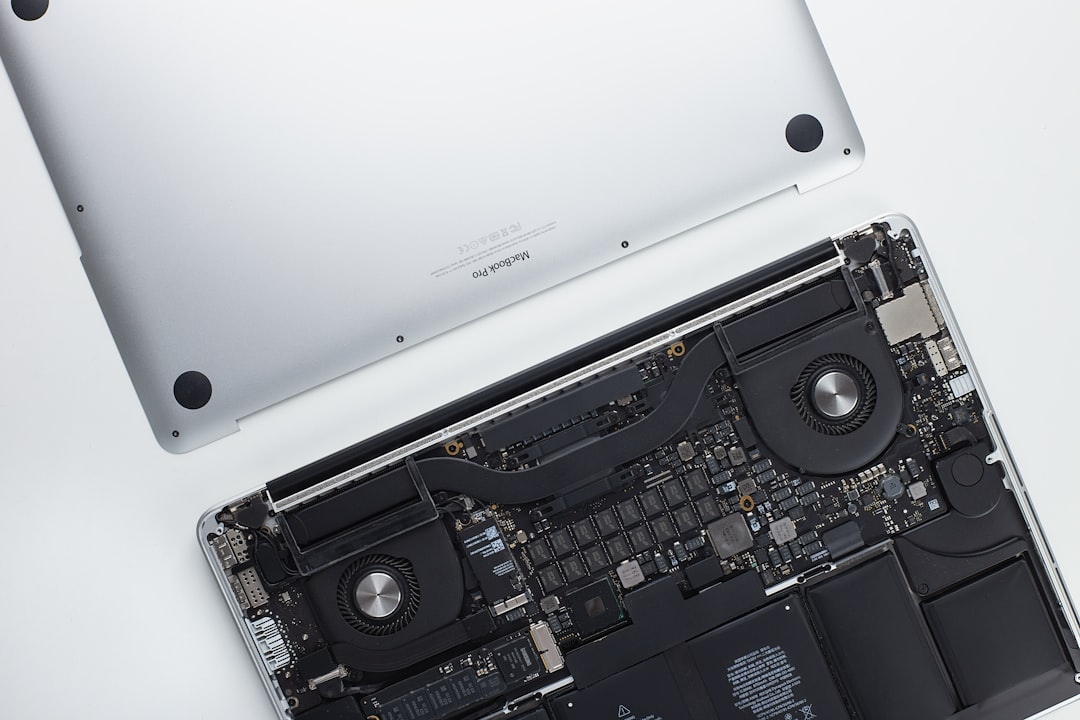
Make sure your team knows who to call in an emergency. Documented contact information, escalation plans, and dedicated points-of-contact are all essential steps in managing the risks associated with event tech.
4. Schedule a Dry Run
Whenever possible, conduct a technical rehearsal. This helps identify lapses in configuration, power distribution, mic feedback, and other issues before the event begins. It also allows presenters to become familiar with the devices and tools they’ll be using.
Use the dry run to test:
- Slide transitions on rented laptops
- Camera feeds and live streaming services
- Microphones and speaker alignment
- Lighting based on stage placement and timing
Consider making a checklist for the team to follow during the rehearsal, ensuring consistency and thoroughness in testing each aspect.
5. Understand Rental Terms and Insurance
Before signing any agreements, carefully review the rental terms. Understand what’s included, the condition expectations, and what liabilities you hold as the renter.
Ask questions like:
- What is the damage policy?
- What happens if the event overruns?
- Are there late-return penalties?
It is highly advisable to purchase rental insurance to safeguard against accidental damage or theft. Many tech rental companies require it, and even when they don’t, it’s a smart precaution.
6. Coordinate Closely with Venue Management
Your chosen venue may have restrictions or requirements for external tech equipment, such as approved vendors, power limitations, or connectivity options. As the renter, you must ensure compatibility between what the venue allows and what your event demands.
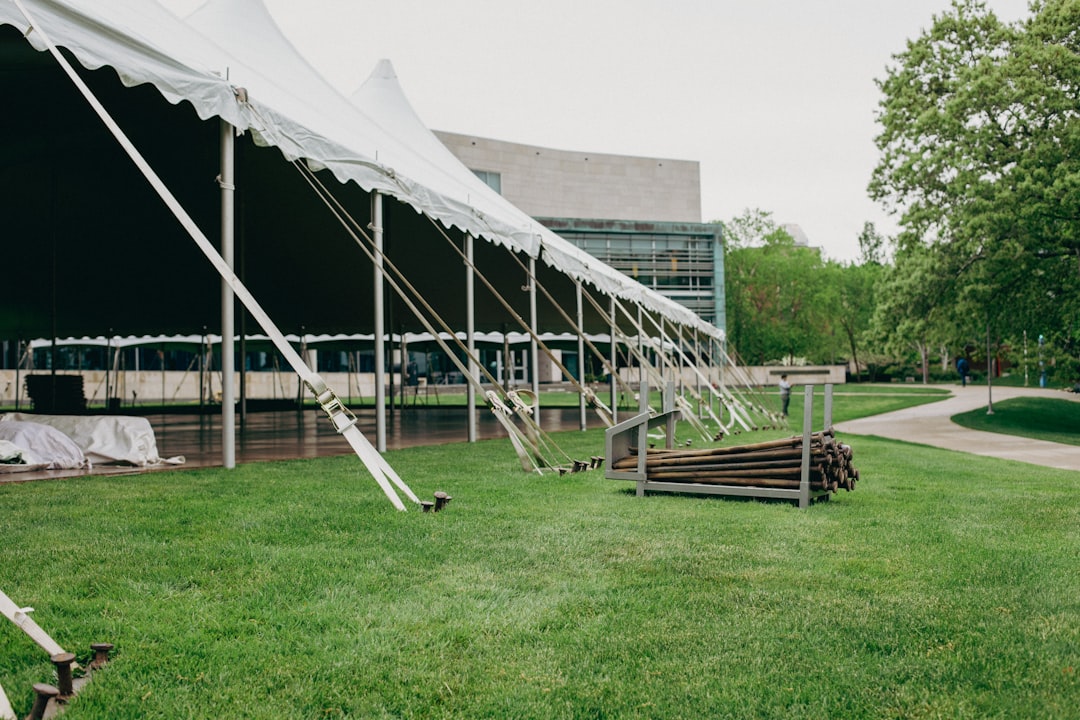
Request a site visit with your rental partner and venue coordinator if possible. This helps resolve any logistical challenges before load-in day.
Final Thoughts
Tech can elevate an event or create a logistical nightmare if mismanaged. By defining your needs, working with experienced rental providers, and preparing thoroughly, you lay the foundation for a successful and professionally executed experience. Treat event technology not as an afterthought, but as a core component of your planning strategy. Your attendees—and your event’s reputation—depend on it.

